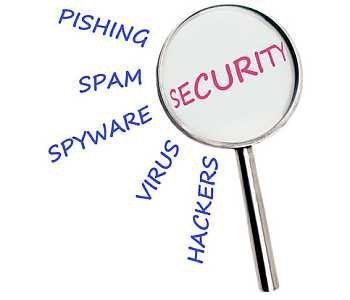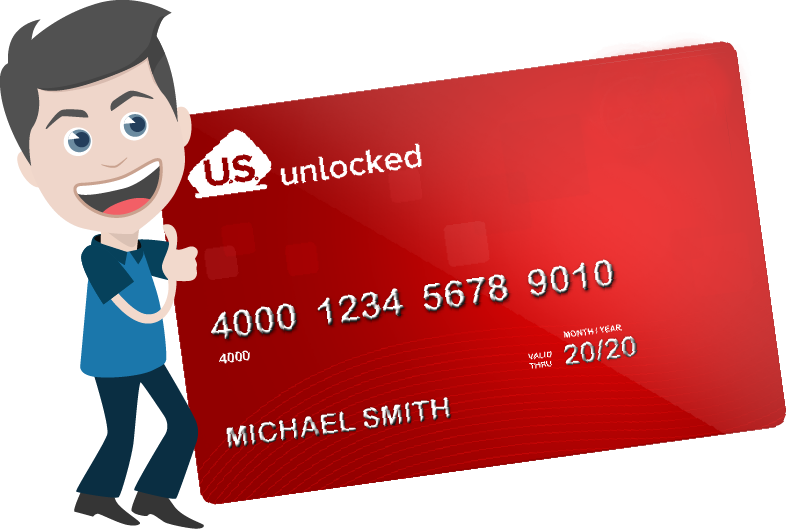Taking the correct security measures to protect your US Unlocked card details is extremely important. Below we have listed what you can do to protect yourself from unauthorized use.
Common practices
Do not share your password and renew the password every few months. Do not store your PIN, instead memorize it. If you forget it, you can always request it to be sent to you in an SMS.
Do not share your card details anywhere on the internet (email, Skype etc) besides entering them in an order form.
Barring potential hackers
Secure your internet connection and encrypt your
sensitive web traffic from hackers, network spies, and insecure networks by always connecting over VPN.
Be very wary for so-called phishing emails. These emails are meant to lure you into entering
sensitive login information or your card details. Best practice
is to not click on any link. Just go to the site directly. If you are unsure the email is legitimate
contact the company they say they are from. Paypal for example has a special email address [email protected]. Simple forward the email to that address and they will respond by telling you whether the email you received was legitimate.
Avoiding Keylogger Viruses
Keyloggers are programs that install on your computer with the purpose of stealing sensitive data for online fraud. These programs with key logging functionality track user activity such as key strokes and are called Trojan-Spy. According to this
source, this is how Keyloggers spread:
- a keylogger can be installed when a user opens a file attached to an email;
- a keylogger can be installed when a file is launched from an open-access directory on a P2P network;
- a keylogger can be installed via a web page script which exploits a browser vulnerability. The program will automatically be launched when a user visits a infected site;
- a keylogger can be installed by another malicious program already present on the victim machine, if the program is capable of downloading and installing other malware to the system.
First step to protect your computer is to install a good antivirus program that detects keyloggers. Here are some suggestions. If you own a Mac, your computer is just as susceptible as any other brand! Run frequent scans.
Secondly, never open any attachment (especially zip files) sent to you in an email that you do not trust. One can never be too careful.
Check web store’s reputation
If you do not know the store, google the store to check its reputation. Submit a search like store name reviews or store name scam and see what shows up. If the store is a scam and out to steal your money you will be warned.
What to do when you suspect your card was compromised
Contact [email protected] as soon as possible. This way Nxpay can put the card on a fraud hold to avoid any more charges to it.
We can issue a replacement card (cost $5). Check your transaction history, if you detect any unauthorized transaction please ask us for a charge back form. The form with additional documentation will be submitted to the bank. The procedure takes up to 2 months. If the unauthorized use has been proven, the funds will be returned to you.
It is important to know that preventing unauthorized use is your responsibility.
Additionally, online merchants are constantly at risk of cyber attacks. Well known recent victims are Target and Neiman Marcus where millions of card numbers were stolen. It is a dog eat dog world!



